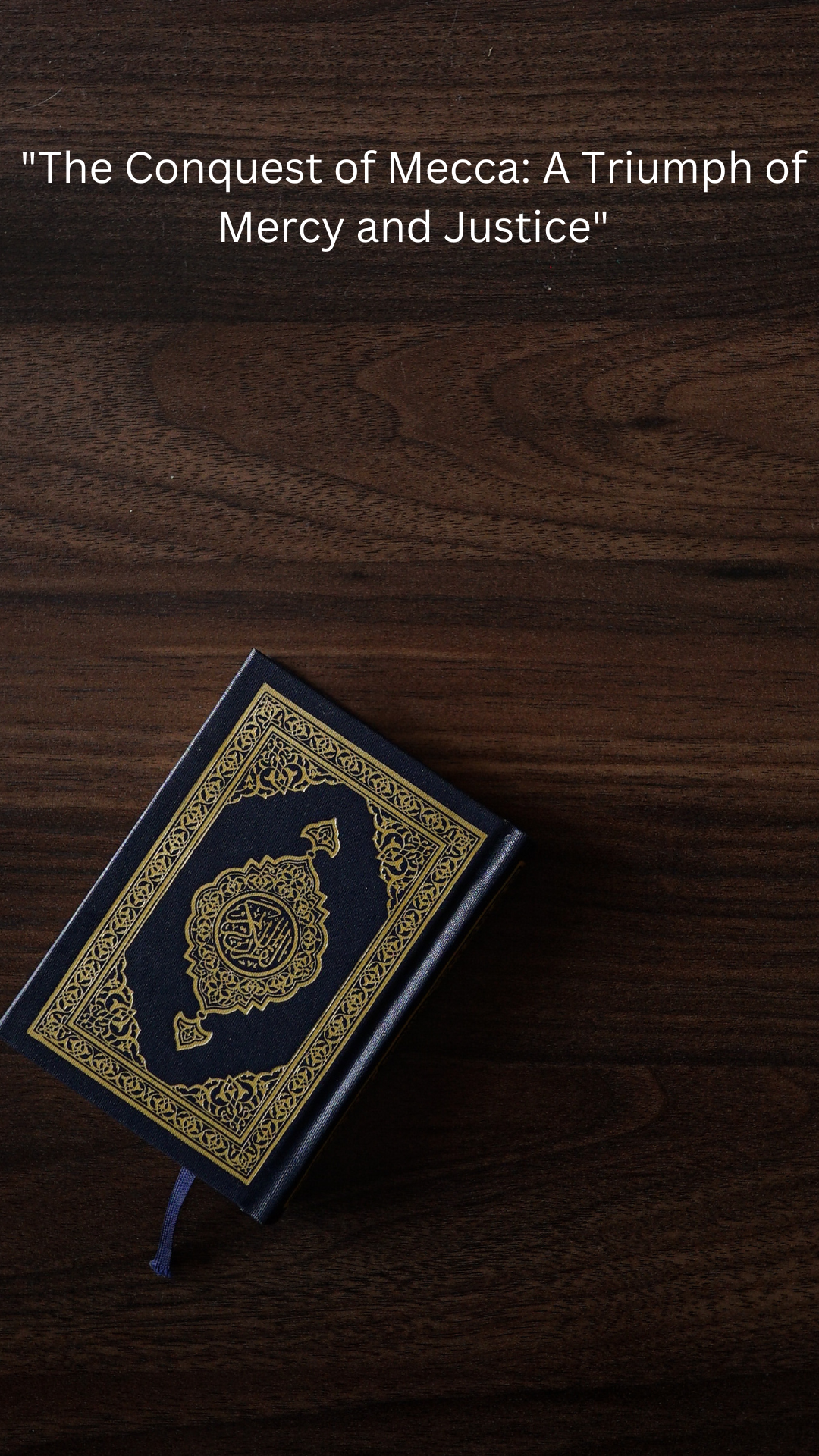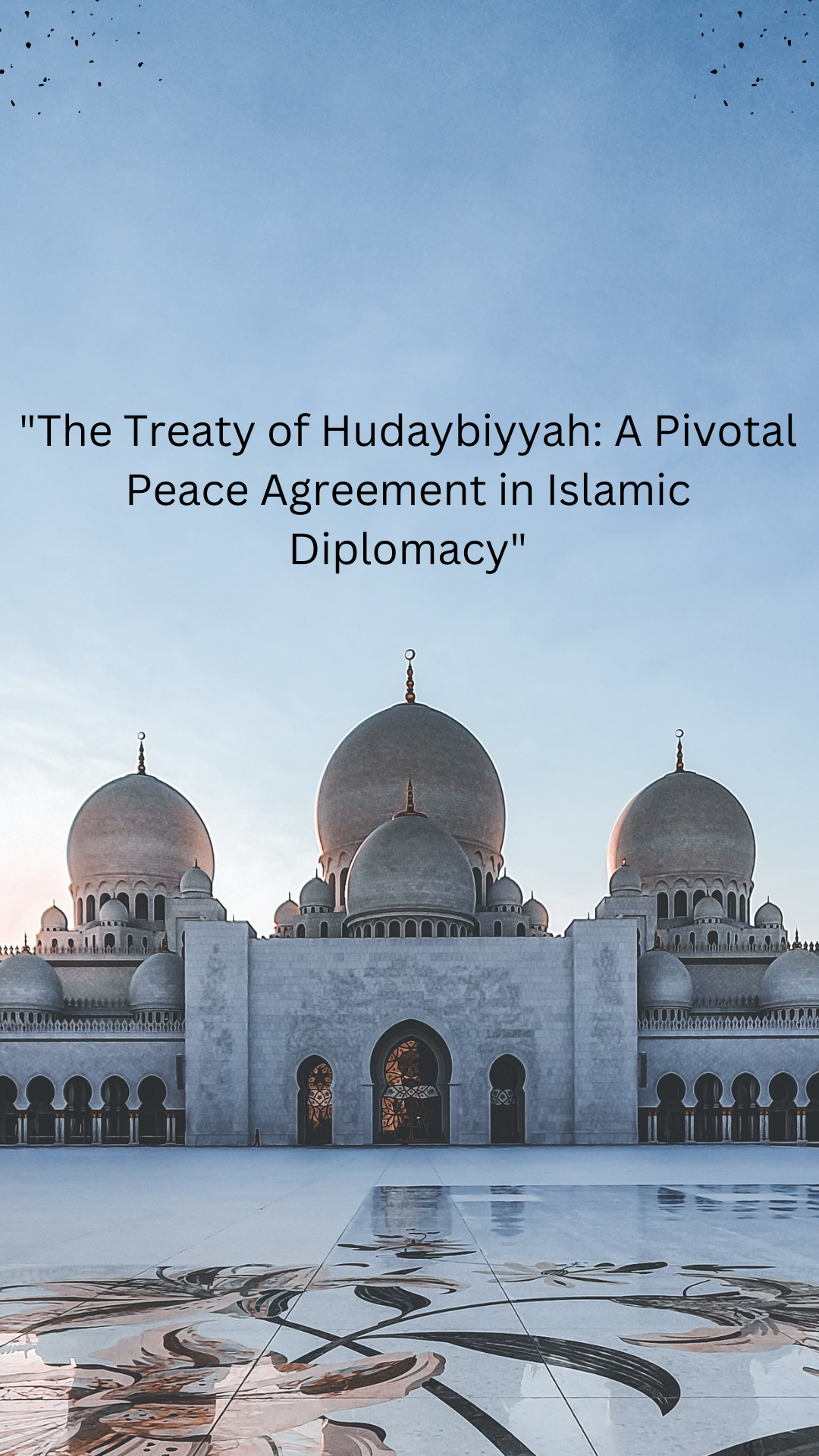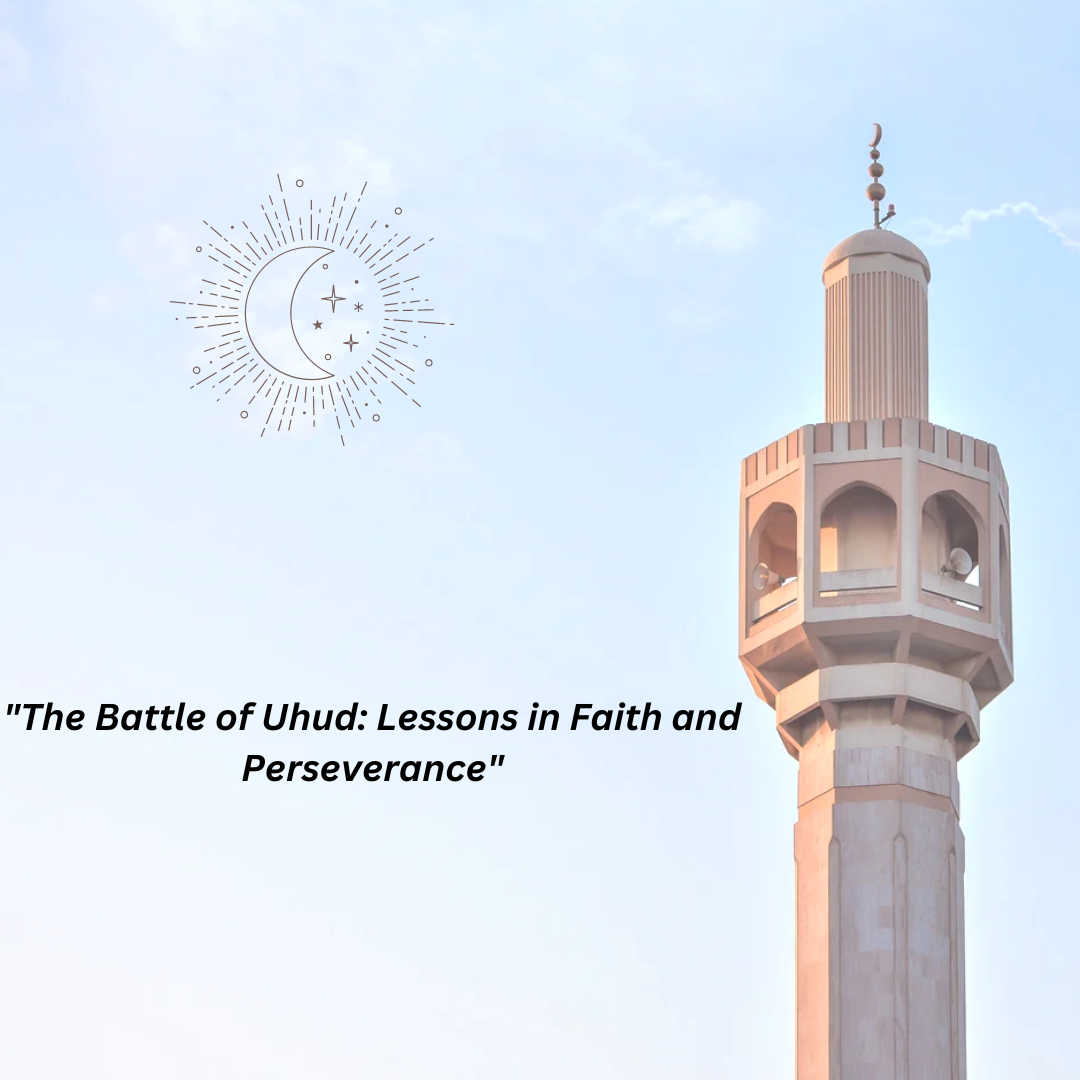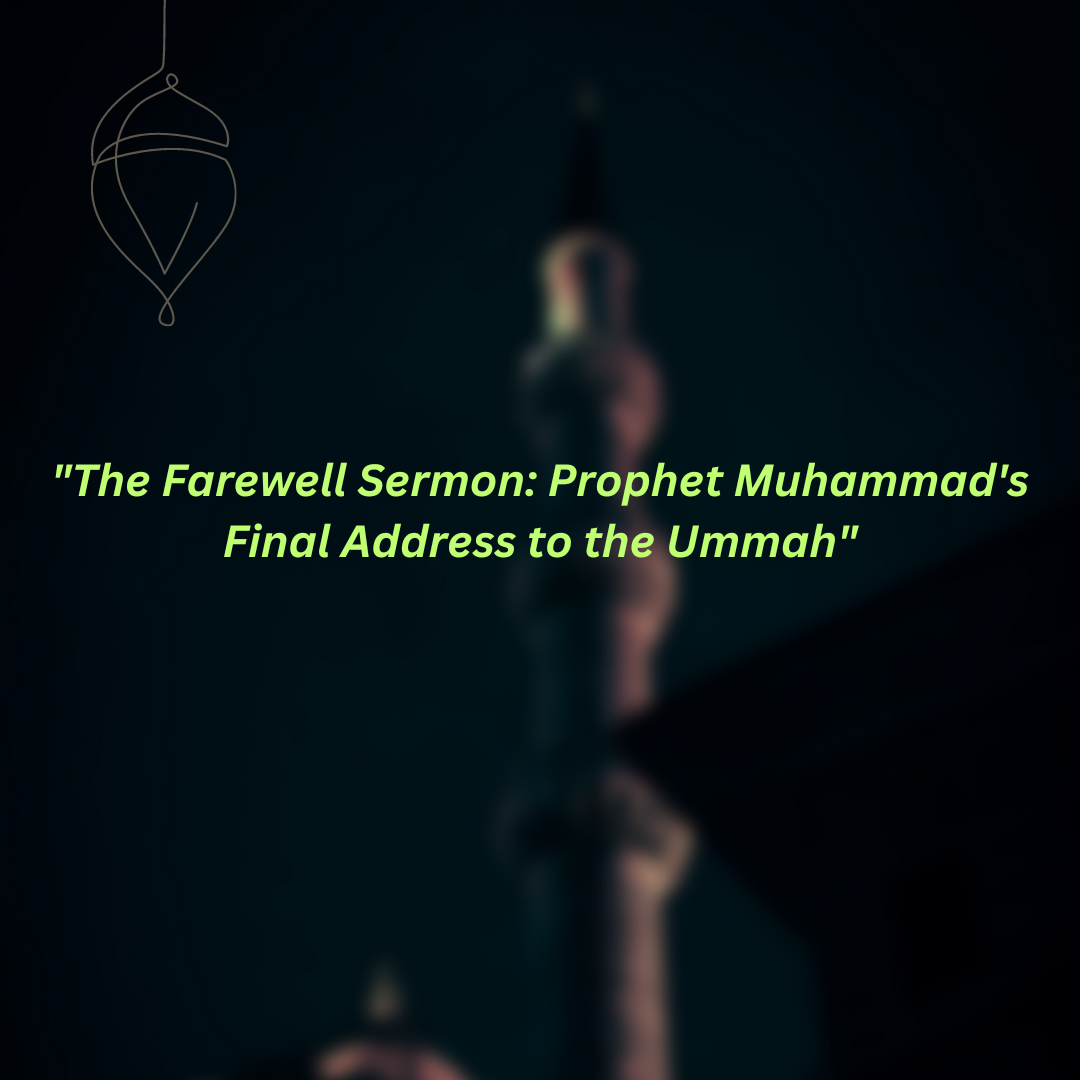The Conquest of Mecca in 630 CE stands as one of the most significant events in Islamic history. This momentous occasion marked not only the triumphant return of Prophet Muhammad (peace be upon him) and the Muslims to their sacred city but also exemplified the principles of mercy, justice, and forgiveness that are at the heart of Islam.
Context and Background
For over two decades, the early Muslim community faced severe persecution from the Quraysh tribe in Mecca. The animosity culminated in the Muslims’ migration to Medina in 622 CE, known as the Hijrah, and subsequent battles, including Badr, Uhud, and the Battle of the Trench. Despite these conflicts, Prophet Muhammad (PBUH) continued to preach patience, forgiveness, and dialogue.
The Treaty of Hudaybiyyah in 628 CE was a pivotal moment, establishing a ten-year truce between the Muslims and the Quraysh. However, the Quraysh violated this treaty by attacking an ally of the Muslims, prompting a response from the Prophet.
The March to Mecca
In January 630 CE, Prophet Muhammad (PBUH) mobilized an army of 10,000 Muslims to march towards Mecca. This formidable force was a testament to the growing strength and unity of the Muslim community. The Prophet’s intention was clear: to reclaim the holy city peacefully, without bloodshed.
The Muslims camped outside Mecca, and the Prophet sent a message to the Quraysh, offering them a chance to surrender peacefully. Understanding the futility of resistance and witnessing the overwhelming numbers and discipline of the Muslim army, the Meccans chose not to engage in battle.
Entering Mecca with Mercy
As the Muslims entered Mecca, they did so with humility and reverence. Prophet Muhammad (PBUH) ordered his followers to avoid any form of violence unless provoked. This command reflected his deep commitment to mercy and justice, even towards those who had wronged him and his followers.
The Prophet’s first act upon entering Mecca was to perform Tawaf (circumambulation) around the Kaaba, the sacred sanctuary built by Prophet Abraham (Ibrahim) and his son Ishmael (Ismail). He then proceeded to cleanse the Kaaba of idols, restoring its status as a monotheistic place of worship.
Declaration of Amnesty
One of the most remarkable aspects of the Conquest of Mecca was the general amnesty declared by Prophet Muhammad (PBUH). Addressing the assembled Meccans, he asked, “What do you think I will do to you?” They replied, “You are a noble brother, the son of a noble brother.” The Prophet then said, “Go, for you are free.”
This act of forgiveness was unprecedented. Instead of seeking revenge for the years of persecution and hostility, the Prophet chose to forgive and pardon his former enemies. This act of clemency won the hearts of many Meccans, leading them to embrace Islam.
Establishing Justice
After securing Mecca, the Prophet ensured that justice and order were restored. He appointed loyal and capable individuals to key positions, ensuring fair governance. One notable appointment was that of Bilal ibn Rabah, an African former slave, as the first Mu’azzin (caller to prayer) of the Kaaba, symbolizing the egalitarian principles of Islam.
The Prophet also addressed issues of social justice, reinforcing the rights of women, children, and the poor. His leadership transformed Mecca into a city that embodied the principles of Islamic justice, compassion, and equality.
The Legacy of the Conquest
The Conquest of Mecca stands as a testament to the transformative power of mercy and justice. It demonstrated that true strength lies not in vengeance but in forgiveness and reconciliation. The Prophet’s actions set a high standard for future generations, emphasizing the importance of compassion, humility, and the rule of law.
This historic event also marked the consolidation of Islam in the Arabian Peninsula. With Mecca under Muslim control, the message of Islam spread rapidly, leading to the unification of the tribes under the banner of monotheism and justice.
In conclusion, the Conquest of Mecca is not just a historical milestone but a profound lesson in leadership, mercy, and justice. It underscores the core values of Islam and serves as an enduring inspiration for Muslims worldwide, reminding them of the power of forgiveness and the importance of upholding justice in all circumstances.



